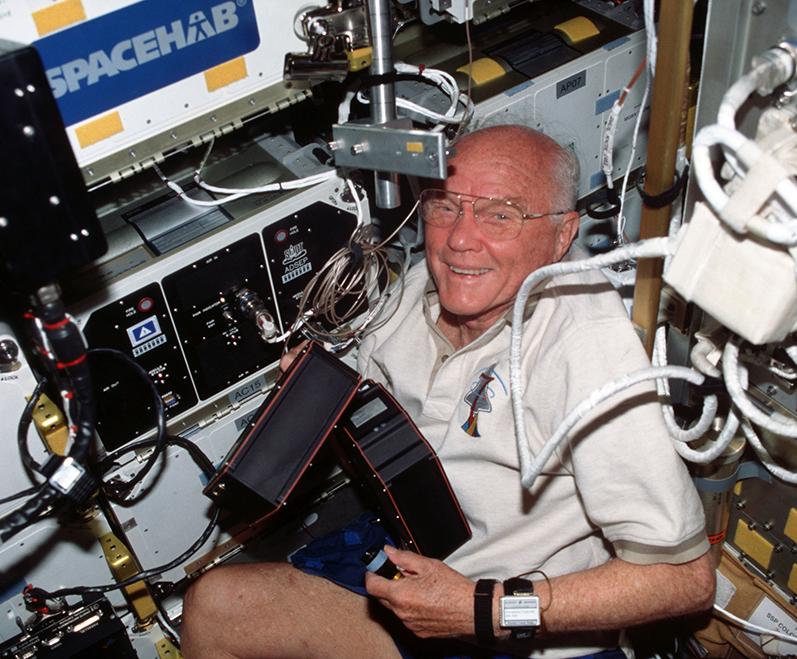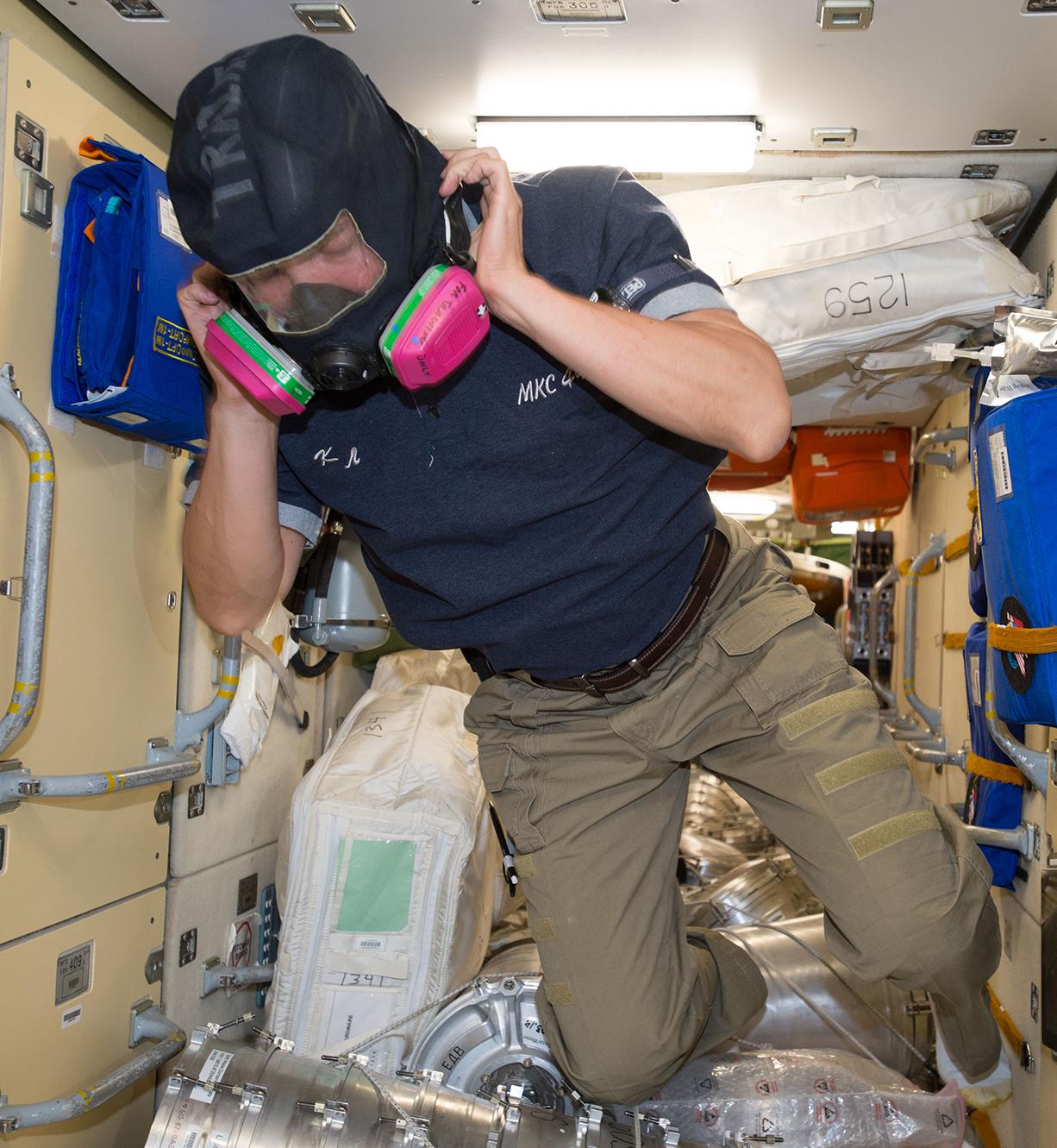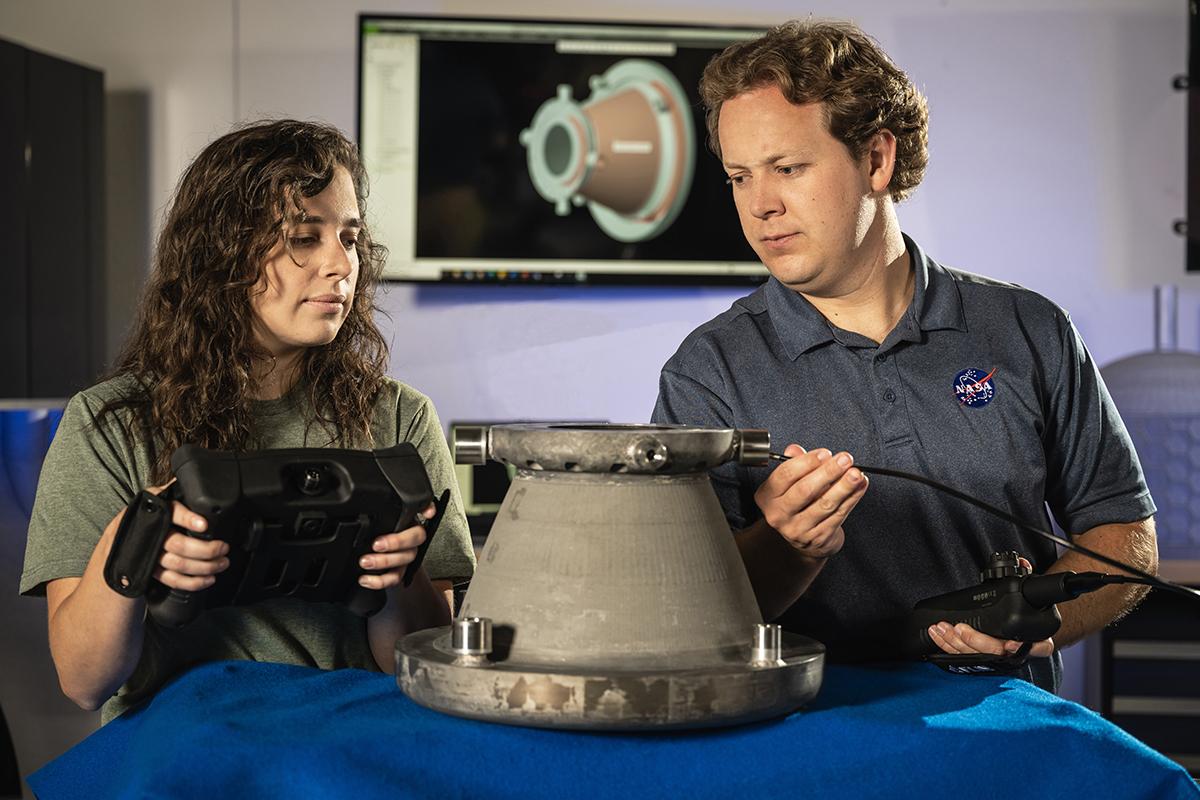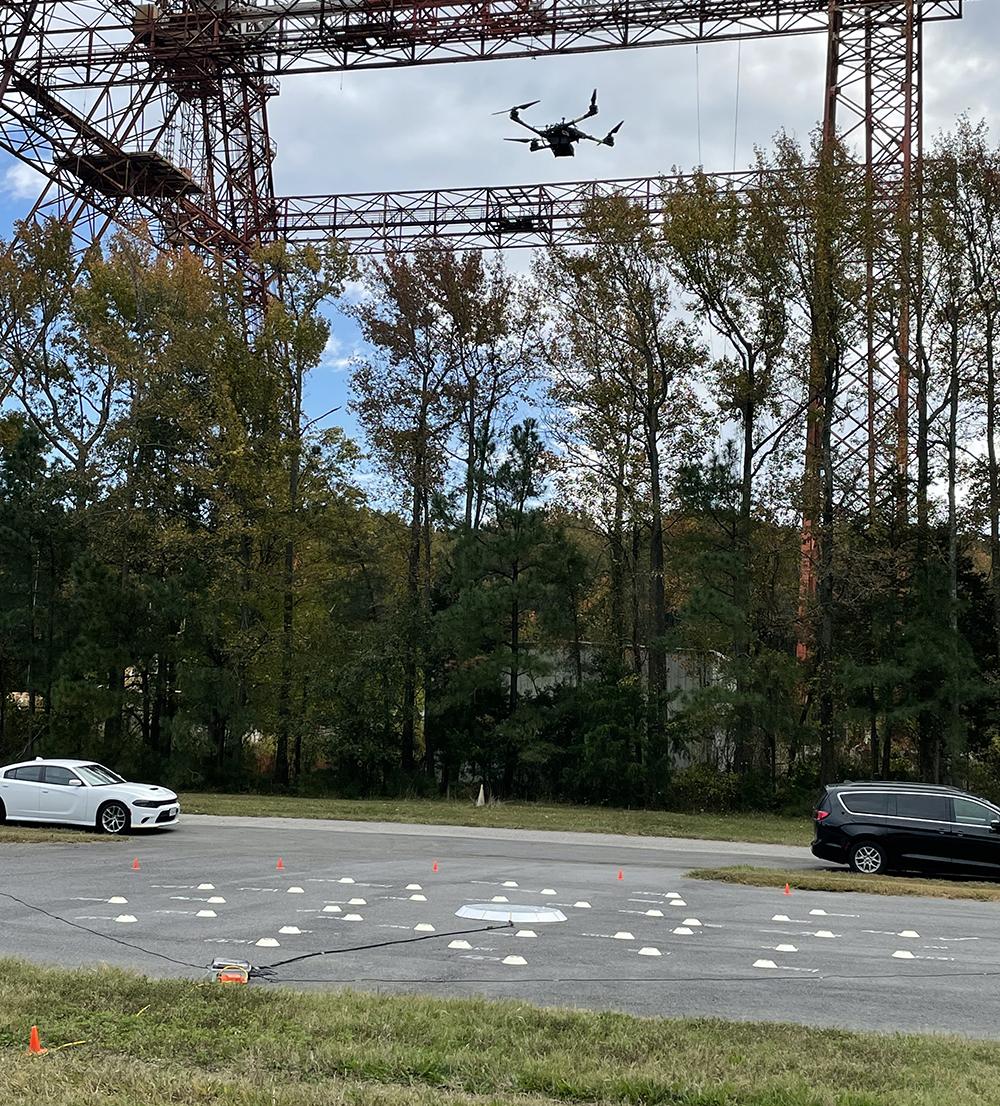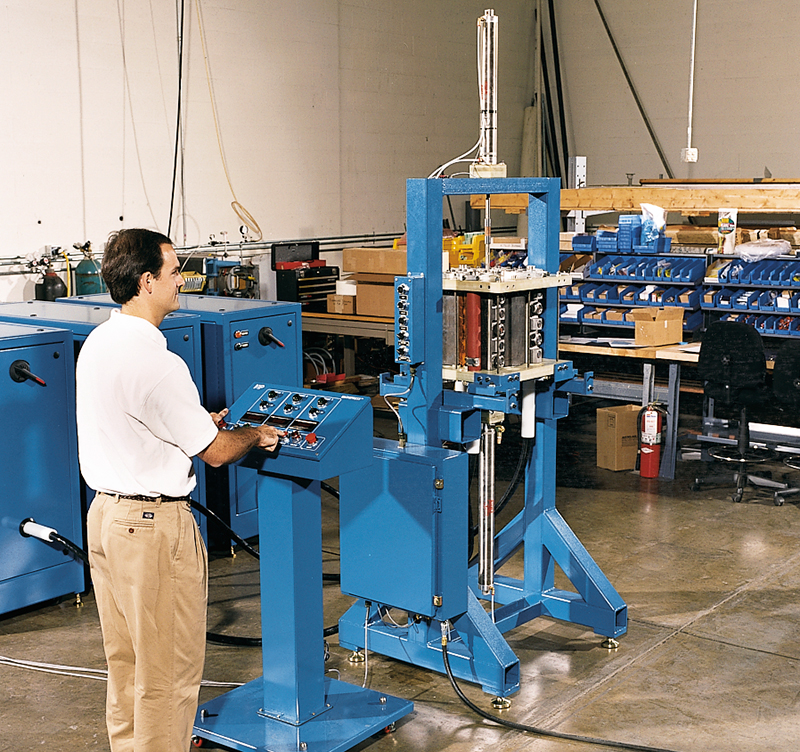
Putting the Pressure On
High-density compacting is a new way of putting a lot of pressure on metal powder. Simulating the pressure and heat conditions that aerospace vehicles undergo during atmospheric flight spawned the development of a technology that is now used in fabricating industrial components.
NASA's Langley Research Center provided Small Business Innovation Research (SBIR) funding to support IAP Research, Inc., of Dayton, Ohio, in creating an electromagnetic launcher. NASA wanted to help develop a technology that would predict the temperature and pressure conditions of hypersonic flight. The interest in obtaining such information led to IAP's ultimate development of the Magnepress™ process.
This novel technology, which implements IAP Research, Inc.'s patented Dynamic Magnetic Compaction (DMC) process, has found its way into the commercial sector as a process that can manufacture high-density parts at rapid rates. The innovative powder compaction technology uses magnetic energy to squeeze the air out of powdered materials to form high-density solid material.
The powder is loaded into an electrically conductive tube, such as copper, aluminum, or steel. The tube is placed at the center of the electromagnetic (EM) coil. A current pulse is put through the coil, creating high magnetic pressure within less than a millisecond! For parts like rings or gears, the powder is loaded around a die centered in the tube to form part features such as gear teeth. A round die can be used to form rings or tubes.
In the automotive industry, there is a constant demand for high-density, net-shaped parts at an affordable cost. At the moment, automotive parts, such as powertrain gears for high-performance applications, are typically machined from forged and wrought blanks, which is a costly process. Due to high machining costs, these components are much more expensive than conventional press and melted powder metallurgy. However, these presses lack the density that automakers need from their parts. IAP contends that the Magnepress system can produce parts with higher density at higher repeatable and reliable rates than those created by conventional presses.
Magnepress is also used to form or join metals, such as aluminum, steel, and copper through the application of electromagnetic forming (EMF). According to the company, this process is more rapid and cost-effective than processes such as hydroforming and superplastic forming. The company also maintains that EMF can eliminate sheet surface problems present in conventional metal forming methods.
IAP recently sold the system to a manufacturer that is using Magnepress to assemble an evaporator component for soft-serve ice cream dispensers. IAP is continuing to further develop its Magnepress process to create an even broader market. The company might very well find itself pressing its method into an industry standard.
Magnepress™ is a trademark of IAP Research, Inc.
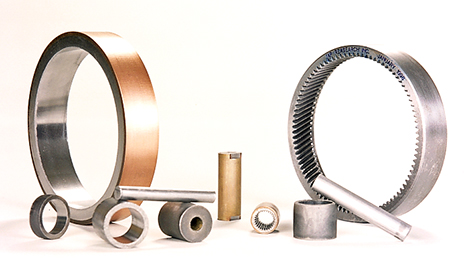
IAP Research, Inc.’s Magnepress™ is an innovative powder compaction technology that uses magnetic energy to form high-density, solid material.







